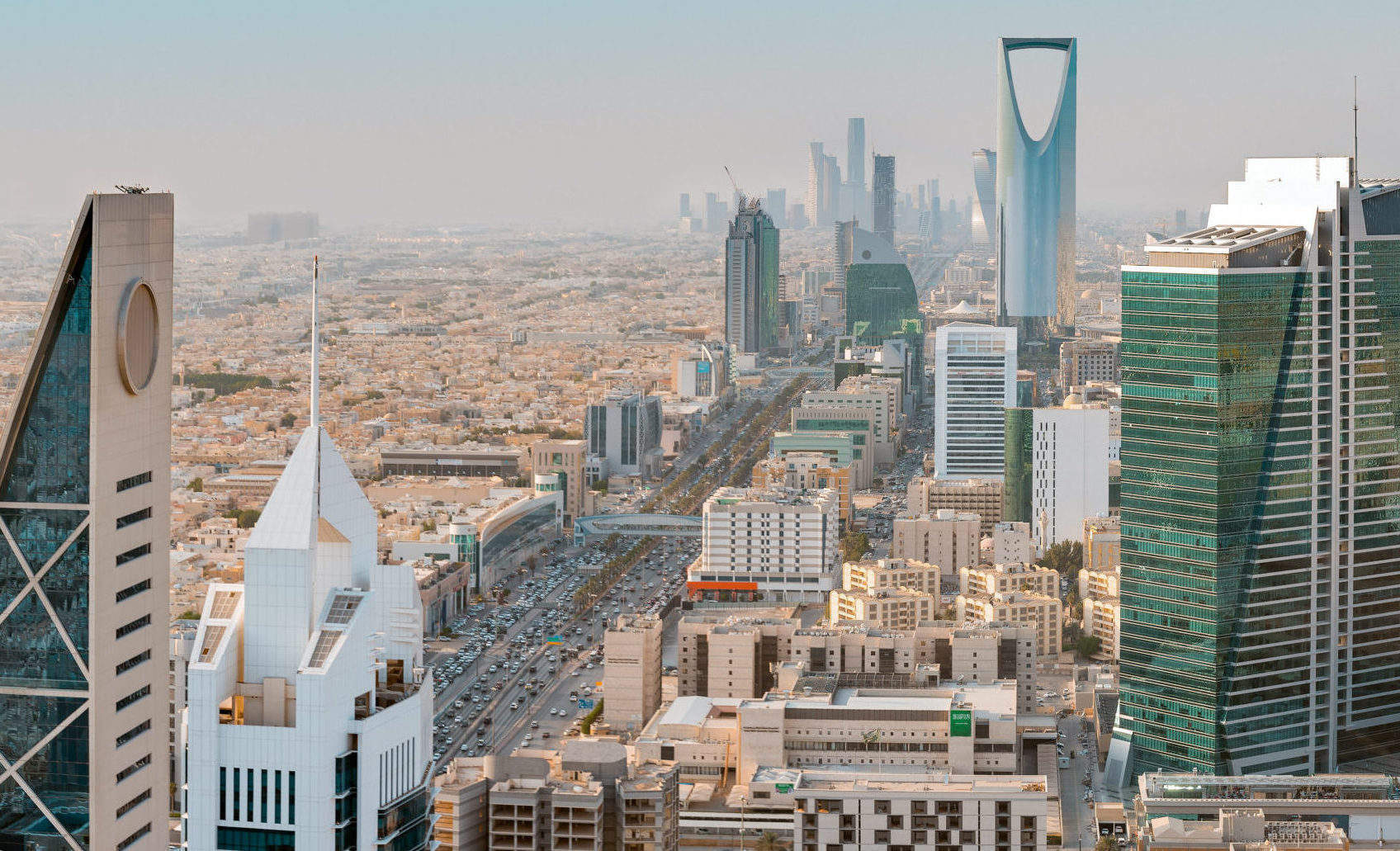
Saudi Arabia’s stock exchange is set to introduce exchange-traded derivatives in early 2019, nearly two years earlier than expected.
The news came at the announcement of a partnership agreement between the Saudi Arabia Stock Exchange (Tadawul) and US market index compiler MSCI that will see the two companies launch a joint Saudi market index this year. The joint market index will be the basis for the development of Saudi derivatives and futures investment instruments.

Access deeper industry intelligence
Experience unmatched clarity with a single platform that combines unique data, AI, and human expertise.
Announcing the partnership on 4 September, Tadawul CEO Khalid al-Hussan and MSCI chairman and CEO Henry Fernandez said the moves were the latest steps in opening up of Saudi Arabia’s capital markets in order to attract international institutional investors into the kingdom.
Foundation for futures
“The creation of the joint tradable index provides a strong foundation for the development of index futures and other exchange-traded products,” said Al-Hussan. “As the Saudi market is fully integrated into global emerging market indices, including MSCI, launch of an index will pave the way for exchange-traded funds (ETFs) and other products that enable investors to broaden exposure and diversify and risk while enhancing the overall efficiency of the market.”
Once the MSCI/Tadawul index is launched in the final quarter of 2018, the Tadawul will launch its index futures instrument based in the first half of 2019. It will be based on the new joint index.
In June, MSCI announced the classification of Saudi Arabia’s equity market as an emerging market as part of its annual global market classification review. MSCI had put the kingdom under review for the classification in June 2017.

US Tariffs are shifting - will you react or anticipate?
Don’t let policy changes catch you off guard. Stay proactive with real-time data and expert analysis.
By GlobalDataReform agenda
The Tadawul is the 23rd biggest stock market among the 67 members of the World Federation of Exchanges and is the dominant market in the GCC, comprising 50% of total GCC market capitalisation and 79% of value traded.
It is the seventh biggest largest stock market amongst its emerging market peers.
Over the past two years, the Tadawul together with Saudi Arabia’s regulator, the Capital Markets Authority (CMA), has rolled out a raft of market liberalisation reforms that are aimed at opening up the kingdom to international institutional investors.
“Saudi Arabia has undergone a remarkably rapid period of change in the past few years,” said Fernandez. ”This joint index is possible as a result of the Kingdom’s adoption of international standards and desire to create additional investment opportunities for domestic and international investors.”
“This provides one more vehicle to access the Saudi market,” said Fernandez. “It will allow investment banks and other institutions around the world to licence the index to launch ETFs and structured products around the world.”
Regional first
“The tradeable index will act as a foundation for multiple products in Saudi Arabia,” said Al-Hussan. “It is a continuation of the Saudi Capital market development to provide products essential to institutional investors. To capitalise on the partnership, the Tadawul will seek to introduce derivatives products and index futures to be traded on Saudi market in the first half of next year.”
“First index built for investors to benchmark against,” said Al-Hussan.“For local and institutional investors to use as a hedging tool for their positions in the Saudi market. So it is important for investors.”
“This announcement is part of creating an attractive platform for institutional investors to invest in Saudi Arabia,” said Al-Hussan. “The index is important around the world for all sort investment vehicles both actively managed funds and passive funds.”
For MSCI, the partnership with the Tadawul is its first in the Middle East.
“It is not something that we do often around the world,” said Fernandez. “Saudi Arabia is at the vanguard of wanting to work with MSCI. What we have is standard MSCI index used for instruments to access global markets, and many markets use local indexes for derivatives.”
The latest announcement follows 18 months of reforms to the Tadawul and Saudi Arabia’s capital markets that have raised the market’s profile to international investors.
“In the context of global markets, Saudi Arabia stands out with positive performance,” said Fernandez. “In emerging markets, Saudi Arabia is a beacon of positive performance in an asset class that is facing difficulties.”
The launch of the index provides an indicator of the pace of reforms currently taking place in Saudi Arabia. Not only in the capital markets, but also in the wider economy and society.
“Derivative launch was planned to be launched in 2020,” said al-Hussan.
It has been accelerated by 18 months. That is an indication of how fast reforms are happening.
“From an MSCI perspective, the pace of reform in Saudi Arabia is breakneck,” said Fernandez. “When we put Saudi Arabia on our emerging market review list in June 2017, we did not expect it to be included in one year. That is unprecedented. The average is about four years. To achieve the inclusion in one year is testimony to how rapid the liberalisation and opening up of equity capital markets is happening. We would have said 2-3 years. It is direct evidence of the rapid pace of development.”
This article is sourced from Verdict’s sister publication www.meed.com, a leading source of high-value business intelligence and economic analysis about the Middle East and North Africa. To access more MEED content register for the 30-day Free Guest User Programme.







